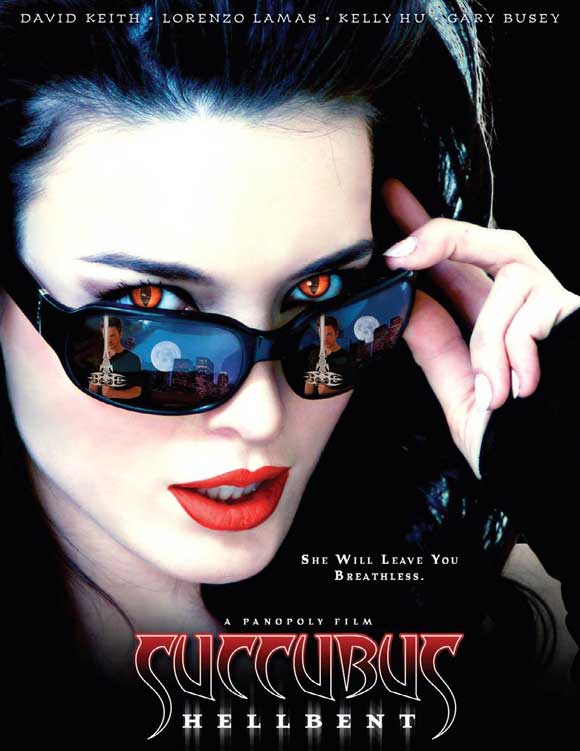The psychologists define sleep paralysis as "a discrete period of time during which voluntary muscle movement is inhibited, yet ocular and respiratory movements are intact" and it often involves hallucinations.
They examined 35 published studies, which consisted of surveys - I know, reviews of surveys again - from the past 50 years, a total of 36,533 people. They found sleep paralysis was most common in students and psychiatric patients.
If you read that and did not chuckle, perhaps you are not quite awake yet either.
31.9% of psychiatric patients and 28.3% of students self-reported at least one episode of this kind of sleep paralysis. Some people surveyed said they have episodes every night. Sleep paralysis was more common in non-Caucasians.
Respondents claimed to have had three basic types of hallucinations during sleep paralysis; an intruder being present, pressure on the chest sometimes accompanied by physical and/or sexual assault and levitation or out-of-body experiences. It wasn't always a bad thing, though some people claimed they were afraid go to go sleep due to them. Some report the sleep paralysis hallucination as being quite positive.

If you are paralyzed by Natalie Denise Sperl, apparently you are not alone. The movie must be good, because it has Lorenzo Lamas in it, and he did "Megashark Vs. Giant Octopus". Link: IMDB.
The psychologists say they believe the Salem witch trials, when 200 people were accused of witchcraft in colonial Massachusetts between 1692 and 1693, might have involved the townspeople experiencing sleep paralysis instead of just being quasi-religious nutjobs - or maybe the witches only made them think that.
Citation: Brian A. Sharpless, Jacques P. Barber, 'Lifetime prevalence rates of sleep paralysis: A systematic review', Sleep Medicine Reviews Volume 15, Issue 5 , Pages 311-315, October 2011 DOI: 10.1016/j.smrv.2011.01.007





Comments